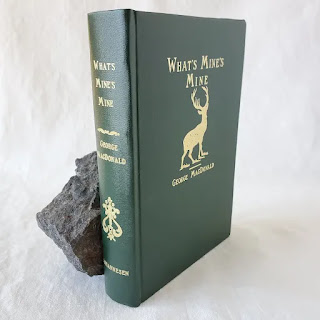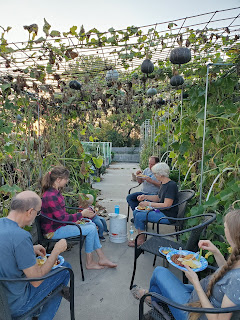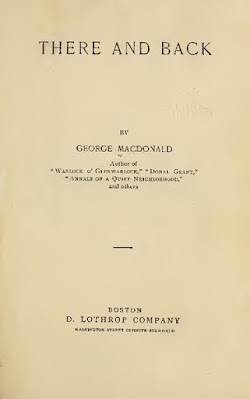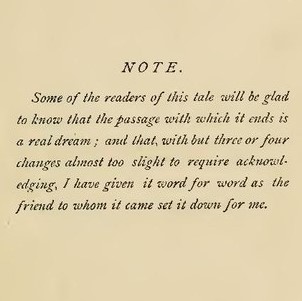To illustrate the Swedish Proverb shared in my previous post, I recently re-read a good book which has been a favorite since I first found it in our home library in my youth. When young I mainly enjoyed the exciting story. But through all the [dozen or more] times of re-reading it since then, The Princess and the Goblin amazes me more each time with the truth which George MacDonald fit "between the lines." For example:
"She jumped up: she
had but to keep that light in view, and she must find the house.
"Her heart grew strong. Dark as it was, there was little danger now of choosing the wrong road. And – which was most strange – the light that filled her eyes from the lamp, instead of blinding them for a moment to the object upon which they next fell, enabled her for an instant to see it, despite the darkness. By looking at the lamp and then dropping her eyes, she could see the road for a yard or two in front of her, and this saved her from several falls, for the road was very rough."

Maybe
you need to read the story to see the connection clearly, but this little
description is to me a beautiful picture of how God's word is our light through
all the dark and rough paths of life. If only we will keep looking to it/Him as our guide and
focus.
Your word
is a lamp to my feet
and a light to my path.
• Psalm 119:105
The Princess and the Goblin:
Free audiobook on LibriVox: Listen or Download Here
Free e-book on Gutenberg: Read or Download Here
















































